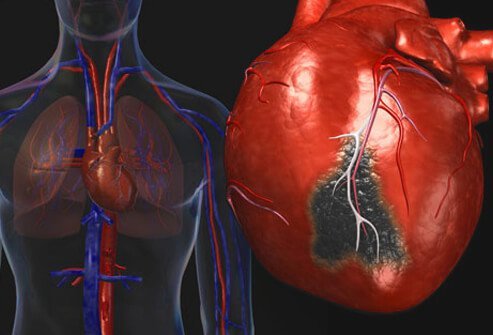
BY SILISIWE MABALEKA HEALTHCARE activists have called on government and the private sector to come up with interventions to deal with non-communicable diseases (NCDs) which have been neglected in terms of funding.
Next month, the world will commemorate the Global Week of Action on NCDs, and health activists feel that NCDs have been long neglected.
Beat Non-Communicable Diseases Zimbabwe (BeatNCDsZim) director Jacob Ngwenya said NCDs were a major cause of high mortality rates in the world.
“In the build up to the Global Week of Action on NCDs scheduled for September, advocates from BeatNCDsZim are gathering momentum in calling upon government and the private sector to take a lead in funding interventions for NCDs. The Global NCDs movement has a week set aside for a wide range of activities every September under the guidance of multinational organisation, NCD Alliance,” Ngwenya said.
“This year’s theme seeks to tackle the outlay gap calling for investment to protect people, health systems and economies as NCDs are the major cause of death and disability in the world, with 74% deaths recorded annually, which are causing more than half of disabilities.”
Ngwenya said NCDs are not transmitted from one person to another, but are a result of a combination of genetic, physiological, environmental and behavioural factors.
The major causes of NCDs are poor diet, tobacco use, alcohol abuse and air pollution.
“People living with NCDs are calling upon the Minister of Finance and Economic Development to make a very bold decision towards NCDs in the forthcoming 2023 national budget. NCDs should not be considered as a health cost but an investment as it is proven that putting US$1 into NCDs prevention will mitigate the risk factors and save up to US$7 in health costs,” he said.
- Chamisa under fire over US$120K donation
- Mavhunga puts DeMbare into Chibuku quarterfinals
- Pension funds bet on Cabora Bassa oilfields
- Councils defy govt fire tender directive
Keep Reading
Ngwenya indicated that the health budget has not adequately funded NCDs, except for the 2022 budget where sin taxes were introduced for tobacco and sugary products.
“Sin taxes are welcome as they are a corrective measure to reduce the uptake of harmful products. This can raise funds for NCDs at a time when the country is struggling to get equipment for drugs, radiotherapy and other diagnostic services at public hospitals,” he added, further claiming that NCDs contributed 60%-90% of all COVID-19 deaths, hence the need for interventions.
- Follow us on Twitter @NewsDayZimbabwe










